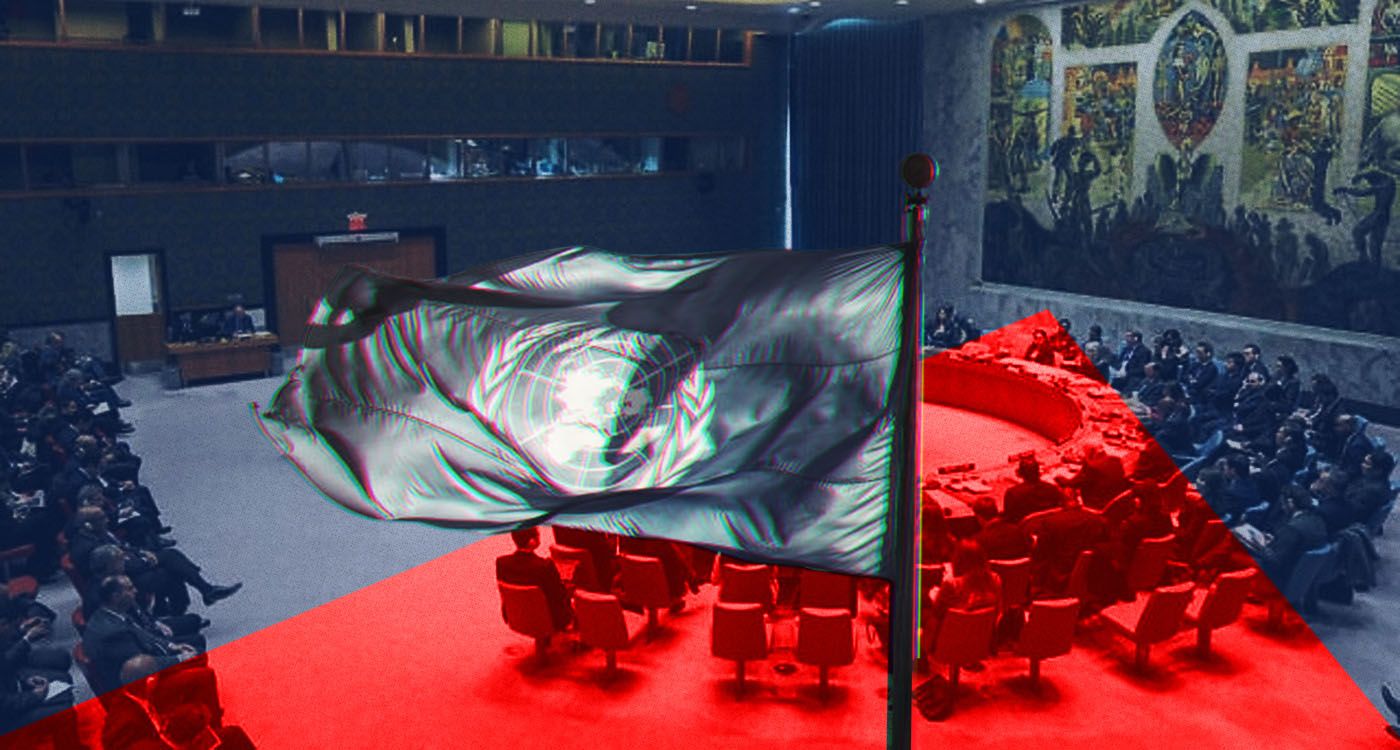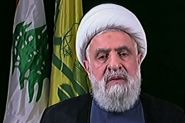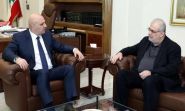
As the deadline for renewing the United Nations Interim Force in Lebanon's (UNIFIL) mandate approaches on August 31, 2025, significant tensions are emerging within the UN Security Council. A scheduled vote has been canceled, and diplomatic efforts are intensifying to address ongoing disagreements, particularly centered on the United States' insistence on a clear timeline for a proposed one-year extension of the mandate.
The US traditionally contributes around 25% of UNIFIL’s budget, which for 2025 is projected to be between $135 million and $145 million, part of a larger $538 million allocation for the mission. However, recent developments in Congress regarding potential cuts to US contributions to UN peacekeeping efforts, including UNIFIL, raise questions about the feasibility of US approval. The anticipated visit of US Presidential Envoy Tom Barrack, accompanied by a delegation, to Lebanon is being closely monitored to evaluate the geopolitical implications of the US stance.
The US government has taken a strong position against the prolonged presence of UNIFIL in southern Lebanon, citing concerns over the mission's effectiveness. While American officials express conditional support for a one-year extension of the mandate, they emphasize that this would represent the final phase, ultimately leading to the withdrawal of UNIFIL troops once the Lebanese Army assumes full security responsibilities in the region.
This approach aligns with broader US strategic interests, particularly those of Israel, which has repeatedly expressed concerns about UNIFIL's effectiveness in countering Hezbollah's influence. Reports suggest that the US administration is facing pressure to justify continued funding for UNIFIL, as dissatisfaction with the mission's operations is growing. This indicates diminishing patience with the current mandate.
David Schenker, the former assistant Secretary of State for Near Eastern affairs, pointed out to This is Beirut that “UNIFIL has served as an interim force for 45 years. However, many in the US government believe it may do more harm than good, distracting from the real issues of sovereignty.” He also emphasized the importance of a careful transition, stating, “The US aims for an orderly drawdown, recognizing the significant number of troops and infrastructure that are currently in place.”
In stark contrast to the US and Israeli positions, Lebanese officials are vigorously advocating for the renewal of the UNIFIL mandate, arguing that an immediate withdrawal would create a security vacuum that Hezbollah could exploit. President Joseph Aoun and Prime Minister Nawaf Salam have underscored their belief in UNIFIL’s essential role in maintaining stability in southern Lebanon. Andrea Tenenti, the spokesperson for UNIFIL, emphasized to This is Beirut that “the renewal of UNIFIL's mandate is not merely about extending its presence, it is essential for the implementation of Resolution 1701, which calls for the commitment of both Israel and Lebanon.” On the other hand, Schenker has cautioned that Lebanon must assert its sovereignty independently, stating, “Lebanon cannot delay making difficult decisions, it needs to claim its sovereignty free from Iran's influence.”
Lebanon’s government is actively emphasizing its commitment to strengthening the LAF and asserting state authority, seeking international backing for UNIFIL’s continued deployment. Schenker remarked, “The Lebanese Armed Forces, with over 85,000 personnel, possess the capacity to secure the south if properly supported and funded.”
France has emerged as a key mediator within the Security Council discussions, serving as the penholder of the draft resolution for the UNIFIL mandate renewal. French officials are advocating for a one-year extension accompanied by a subsequent six-month drawdown period, aiming to ensure a stable transition that would allow the LAF to consolidate control before any significant troop reductions. Paris argues that a hasty withdrawal could exacerbate regional tensions and inadvertently empower Hezbollah, a sentiment shared among many European nations. Tenenti emphasized, “Real stability will be achieved through a permanent signed agreement between Israel and Lebanon, alongside the deployment of the Lebanese army and the withdrawal of Israeli forces from the South.”
In addressing US concerns, the French government is also suggesting specific adjustments, such as revised troop ceiling limits and enhanced scrutiny of UNIFIL’s operations. Schenker noted, “The challenge is not merely to avoid conflict, but to actively pursue the disarmament of groups like Hezbollah for the sake of establishing a sovereign Lebanon.”
As the Security Council approaches an important vote ahead of the August deadline, the outcome is poised to be impactful despite some ambiguity and division among members. Expectations for a compromise are high, but the fundamental differences in approach among stakeholders reveal the complexities and challenges that lie ahead for UNIFIL.




Comments